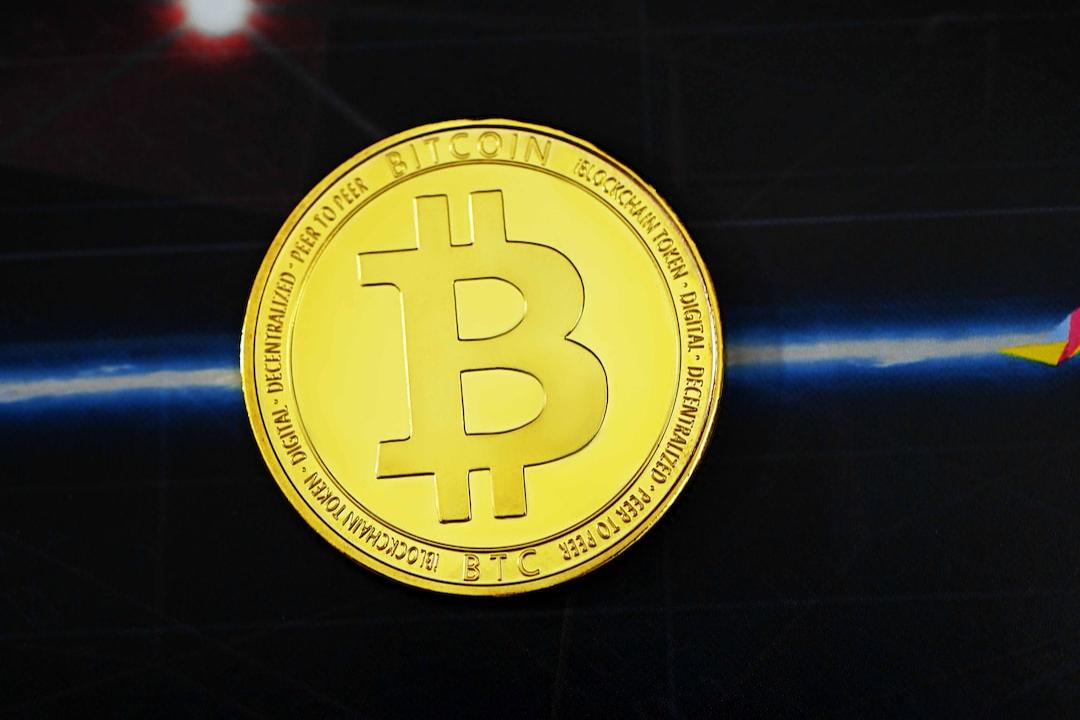The International Bank for Settlements urges governments worldwide to proactively govern the development of the Metaverse.
The Bank for International Settlements (BIS) pointed out in a recent report that the future development of the metaverse is still lacking in infrastructure. Apart from hardware equipment, it particularly emphasizes the need for regulatory frameworks and payment services, which are directions that governments and regulatory agencies can start researching early.
Table of Contents
Toggle
Improvement of Infrastructure for Metaverse Development
Regulatory Policy Framework for Metaverse
Payment Services as an Important Foundation
BIS urges governments to regulate the metaverse early
BIS states that the metaverse has the potential to reshape various fields such as gaming, e-commerce, and education, but all of this depends on ensuring equal access for everyone, data privacy, and robust consumer protection policies. Specifically, the lack of consumer protection in regulation may jeopardize the value that the metaverse can create.
In order to prevent the domination of the metaverse by private companies and market fragmentation, BIS emphasizes the need to establish an effective policy framework that promotes innovation while protecting users and maintaining the integrity of digital transactions. This matter is becoming increasingly urgent compared to the past.
In order for users to adopt and connect with the real world on a large scale, the importance of payment providers in the metaverse is gradually increasing.
(Tether CEO: Why can TRON and USDT maintain their leading position in blockchain payments?)
Payment is crucial for making the metaverse commercially viable and promoting economic activities. Existing metaverse projects already support various payment methods for directly purchasing items or conducting transactions.


Current Payment Methods in Metaverse Projects and Respondents’ Expectations
Another payment option is central bank digital currency (CBDC), which may become increasingly important for the metaverse as more countries are experimenting with it. Since metaverse users may be located in multiple jurisdictions, the integration of multiple CBDCs can allow for faster exchange of different users’ fiat currencies.
Although existing metaverse projects have yet to develop sustainable business models and complete products due to market factors and an immature environment, and whether the metaverse can truly achieve widespread adoption is still uncertain.
(Is the metaverse dead? Meta game revealed to have only hundreds of players daily, exposing children to adult content)
However, BIS points out that the metaverse indeed has many potential application scenarios, including gaming, education, and healthcare, which may have significant impacts on the digital economy. These include blurring the boundaries between tradable and non-tradable goods, greater cross-border economic integration, and new requirements for payment services, such as programmability and cross-border payments.
Therefore, governments should not wait until the industry matures before taking action. BIS calls on global regulatory agencies, central banks, and policymakers to collaborate in ensuring that the metaverse can promote innovation while protecting users and maintaining the integrity of digital transactions, with a focus on regulatory frameworks and the payment industry.
BIS
metaverse
metaverse
payment


Further Reading
Blue-Chip NFT Fat Penguin Pudgy Penguins to Launch Online Game Pudgy World Next Year
MLB Metaverse Live! Watch Tampa Bay Rays vs. Los Angeles Angels Online for Free
